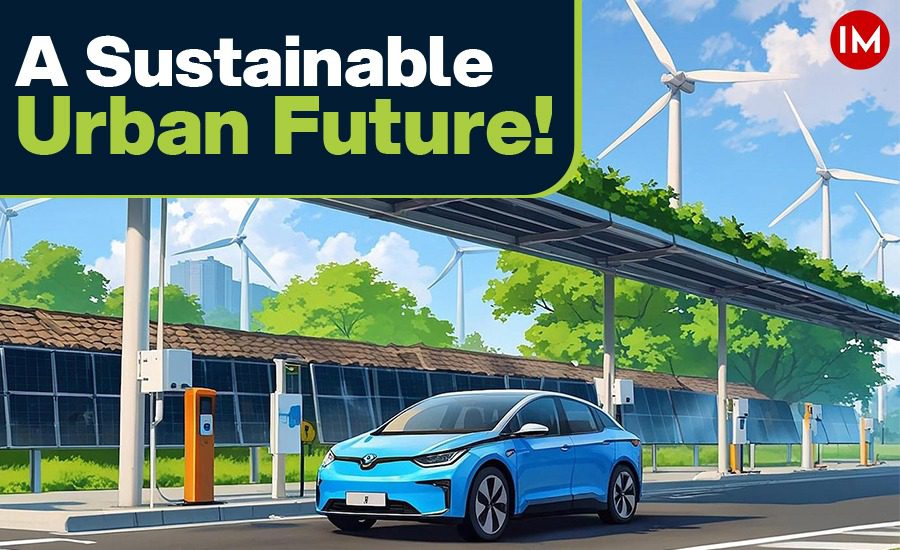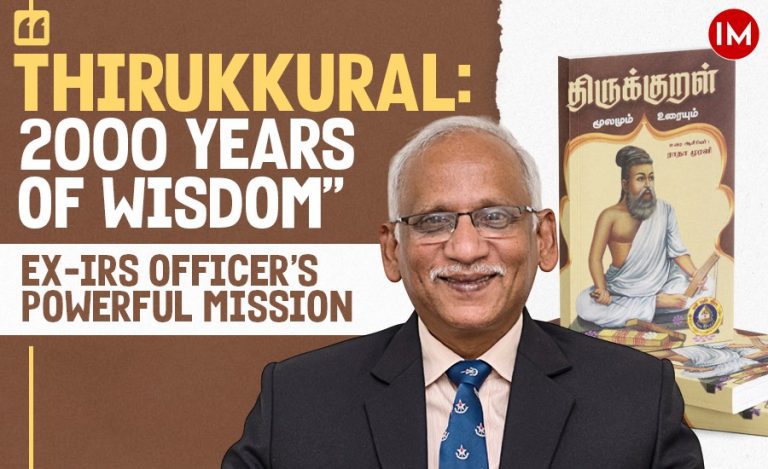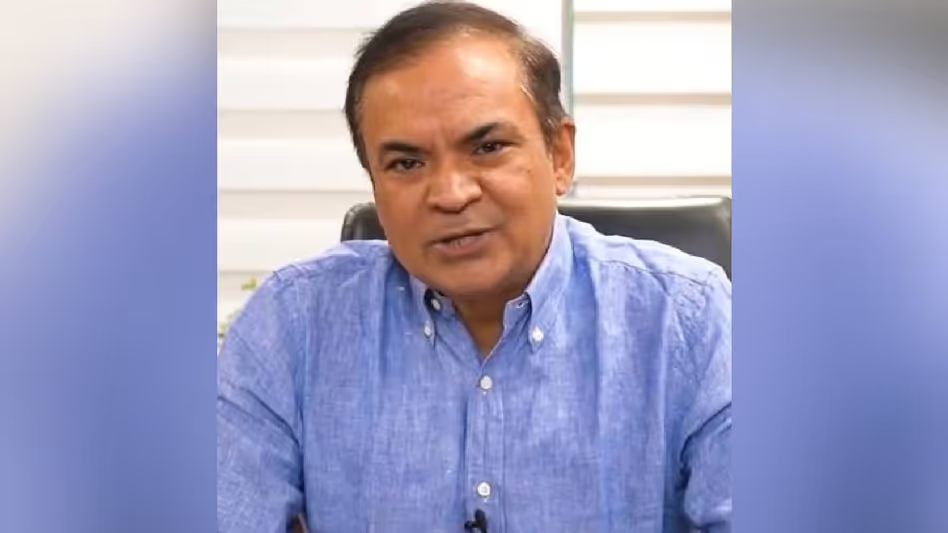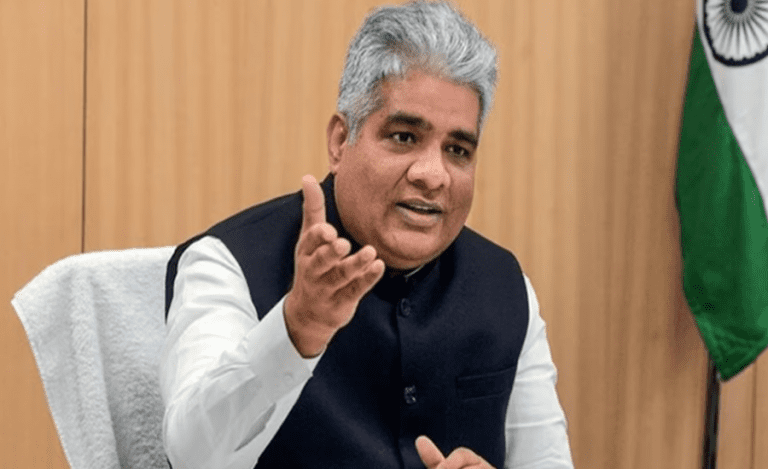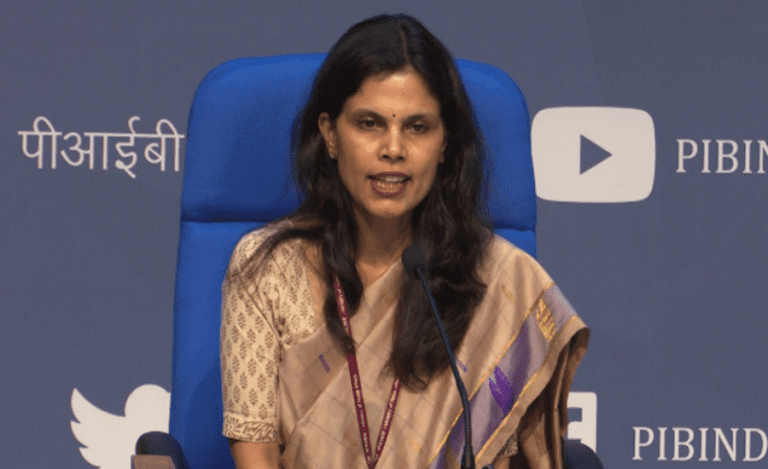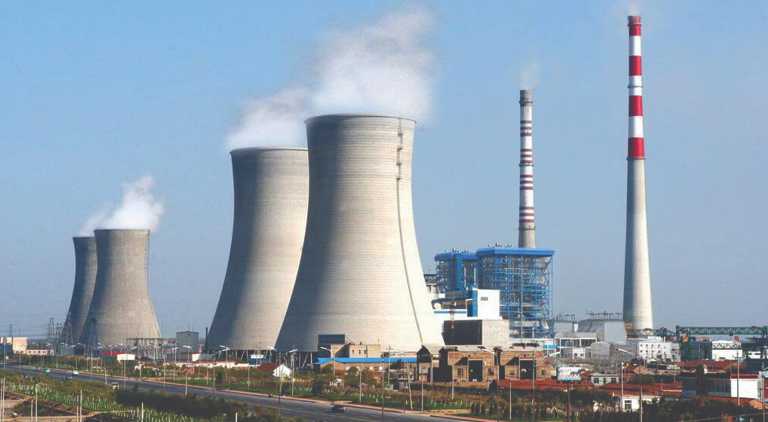Thiruvananthapuram, the capital city of Kerala, has long been recognised for its rich cultural heritage and scenic beauty. In recent years, however, the city has taken significant strides toward becoming a model of sustainable urban development. From innovative projects to progressive governance, Thiruvananthapuram is making a name for itself as a forward-thinking urban centre committed to creating a cleaner, greener, and more livable environment.
In 2024, Thiruvananthapuram achieved a historic milestone by becoming the first Indian city to win the prestigious UN-Shanghai Global Award for Sustainable Development. This recognition, awarded jointly by UN Habitat and the Shanghai Municipality, highlights the city’s exceptional contributions to sustainability, governance, and innovation on the global stage.
The city’s transformation into a sustainable urban hub has been driven by a series of ambitious and innovative initiatives aimed at improving its infrastructure, enhancing its environmental performance, and promoting active citizen engagement. These efforts have positioned Thiruvananthapuram as a global leader in urban sustainability.
In a statement to Indian Masterminds, IAS Rahul Krishna Sharma (2019 batch Kerala Cadre), CEO of Smart City Thiruvananthapuram, expressed the significance of the achievement: “Receiving the UN-Shanghai Global Award for Sustainable Development is a proud moment for Thiruvananthapuram, reflecting our unwavering commitment to innovative urban solutions. This recognition is a demonstration of the collective efforts of our citizens and partners in building a smarter, greener, and more sustainable city for future generations.”
MANAVEEYAM CULTURAL STREET
One of the standout projects that earned Thiruvananthapuram global recognition is the creation of Manaveeyam Cultural Street. This vibrant space has become a focal point for artistic expression and community engagement, offering a platform for the city’s residents to come together and celebrate Kerala’s rich cultural heritage. The space hosts numerous cultural events, performances, and exhibitions, contributing to the promotion of local arts while also encouraging social interaction. Through such projects, the city has demonstrated its commitment to blending cultural preservation with urban development.
ELECTRIC TRANSPORTATION AND CLEAN ENERGY
Thiruvananthapuram’s efforts to reduce carbon emissions have played a vital role in its recognition. The city has shifted toward electric transportation with the deployment of 115 electric buses and 100 electric autorickshaws. These vehicles not only provide cleaner air but also offer employment opportunities to local youth, contributing to the community’s socio-economic growth. The city’s electric vehicle initiative is complemented by the introduction of 35 e-scooters in municipal services, further promoting eco-friendly alternatives to traditional fossil-fuelled transportation.
In addition to electric mobility, Thiruvananthapuram has made remarkable progress in solar energy. The city has installed 17,000 kilowatts of solar panels, converted all streetlights to energy-efficient LEDs, and installed 2,000 solar-powered streetlights, significantly improving its energy efficiency. These renewable energy solutions are crucial in reducing the city’s carbon footprint and aligning with global sustainability goals.
SMART INFRASTRUCTURE
Thiruvananthapuram is also embracing smart infrastructure to optimise urban management. The Integrated Command & Control Centre (ICCC) has been established to monitor and manage city resources in real-time, helping the city to efficiently handle everything from traffic to waste management. This data-driven approach enhances the quality of urban services and allows for better decision-making in urban planning. Additionally, the city’s smart roads initiative ensures that streets are not only more connected but also safer and more accessible for pedestrians.
CITIZEN-CENTRIC SPACES AND URBAN RESILIENCE
Another key aspect of Thiruvananthapuram’s sustainability efforts is its focus on creating citizen-centric spaces that improve quality of life. The city has developed parks, green spaces, and community recreational areas that provide residents with opportunities for relaxation, physical activity, and social interaction. These spaces are part of broader urban resilience projects that aim to safeguard vulnerable communities against environmental risks, particularly in the face of climate change.
SOLAR ROOFTOP INITIATIVES
Thiruvananthapuram’s solar rooftop projects are another demonstration of the city’s commitment to sustainability. By encouraging businesses and homeowners to install solar panels, the city is reducing its reliance on non-renewable energy sources while helping its residents reduce their electricity bills. This initiative not only promotes clean energy but also contributes to the city’s long-term energy security and environmental sustainability.
A HUB FOR CULTURAL AND TOURIST ATTRACTIONS
Beyond its sustainability achievements, Thiruvananthapuram is also a hub of cultural and historical significance. The city is home to the iconic Padmanabhaswamy Temple, renowned for its stunning architecture, and the Napier Museum, which offers a glimpse into Kerala’s rich artistic history. The city’s serene backwaters, vibrant festivals, and traditional dance forms such as Kathakali and Mohiniyattam further enhance its appeal as a cultural destination.
As a tourist destination, Thiruvananthapuram draws visitors from around the world who seek to experience the unique blend of natural beauty and cultural heritage the city offers. The annual Swathi Sangeethotsavam music festival, along with the city’s historic landmarks and scenic surroundings, ensures that Thiruvananthapuram remains an attractive destination for travellers.
THE FUTURE OF THIRUVANANTHAPURAM’S DEVELOPMENT
Looking ahead, Thiruvananthapuram is set to continue its development as a sustainable and connected city. Ongoing projects, such as the expansion of public transport networks, the construction of new green spaces, and the continued deployment of renewable energy solutions, will enhance the city’s urban environment.
These projects are poised to further improve the quality of life for residents and attract more tourists, reinforcing the city’s status as a forward-thinking urban centre.

